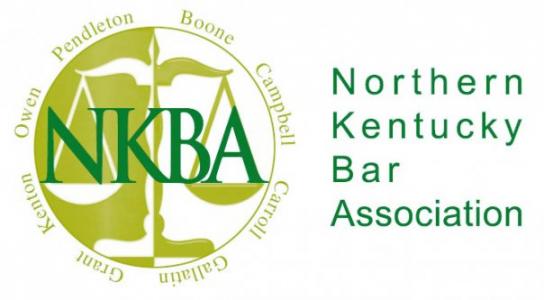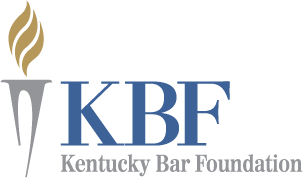Blog
Good Samaritan Law and Reporting Overdoses
Illegal drug use and its associated overdoses has become a terribly common problem in our community. With heroin at the forefront, people are dying everyday. But some of those deaths can be preventable. If the authorities, whether it is police or EMS, are contacted quickly upon the finding of an overdose victim, the person may be saved. Police officers regularly carry a substance called NARCAN, an opioid antidote intended for overdose or possible overdose victims. NARCAN, although not a substitute for emergency medical treatment, may save a person from overdose and buy time to get the user to the hospital.
But, in order for this process to work, someone has to call the police or EMS. So what happens when the witnesses to an overdose are drug users themselves? I am sure you can imagine the hesitancy of someone who just used an illegal drug to call the police. That hesitancy would only be increased exponentially if that witness still had drugs or paraphernalia (like a needle) on or around him or her self. Although using drugs in and of itself is not a crime, possessing the drugs or the tools to ingest the drugs is.
So what are these people supposed to do? Call the cops, report the overdose, and potentially face drug charges? That is an admirable option, but one that a person presently under the influence of narcotics may be unwilling to make. Another, less noble, possibility would be to get the heck out of there, pretend it never happened, and hope no one finds out that the witness was at the scene. Unfortunately, the latter alternative is one commonly chosen by overdose witnesses. So, Kentucky's legislature came up with a solution . . .
The Good Samaritan Law. Under this law, a person cannot be prosecuted for possession of drugs or drug paraphernalia if he/she reports an overdose to authorities. Now, a couple very important points to note.
First, the report must be in good faith. That does not mean, for example, that the cops show up with a warrant, someone gets scared because they know they have drugs, and they claim an overdose in order to trigger Good Samaritan protections. That would not work.
Another point is that anyone, even the person reporting, can be the victim of the overdose. So, if you, in good faith, think you are overdosing, but you have a needle sitting on the table with some drug residue around, under the Good Samaritan law, you should not face criminal charges or prosecution for the needle or residue if you seek medical attention and the police arrive and see the paraphernalia and drugs.
Several people can claim the protections of this law. If a report of an overdose is made in good faith, (1) the person making the report, (2) anyone acting together with the person who requested medical attention, and (3) the reported overdose victim him or her self can be protected from criminal charges or prosecution. So, if you and your friend just got high, and you think your friend is overdosing, the Good Samaritan law is supposed to encourage you to report the overdose and seek medical attention for your friend. In that scenario, neither you nor your friend should face criminal charges.
Importantly though, you must stay with the overdose victim until help arrives. If you call the police, report the overdose, and then run away, your are waiving your Good Samaritan protections. The law is intended to encourage you to help people, seek medical attention, and try to protect a person's life. Fleeing due to fear of police is not in line with those goals.
Lastly, you are only protected if the evidence for the charge (i.e. the drugs or paraphernalia) is found by authorities as a result of the overdose and request for medical assistance. So, if the police are investigating someone for another crime, let's say theft for example, and they start looking through your backpack or purse and they find a needle, you are probably not protected.
You must note that these protections do not extend to drug trafficking. The Good Samaritan law only protects a person from possession or paraphernalia charges. If there is evidence of trafficking, like baggies, scales, larger quantities of drugs, etc., you will not receive these protections.
Although not articulated in the law, some judges (this happened in Campbell County) may attempt to place limits on these provisions, such as location proximity. One judge opined that if the paraphernalia was not close to the overdose victim, but say in another room of the house, protections may not exist. I cannot say whether that judge's opinion complies with the law. (As a defense attorney, I would say it doesn't since there are no proximity requirements in the language of the law itself.) We did not litigate that issue to its conclusion in that case. Just be aware that this Good Samaritan law, due in part to it being new and unlitigated, may have some unclear issues that have to be argued.
Hopefully this offers some comfort and confidence to those people who may find themselves in the position of overdose victim or witness. If you, a friend, or a loved one are facing an overdose, this law is designed to encourage you to seek medical treatment.
If you have any questions about the Good Samaritan law, drug charges, or other criminal matters, do not hesitate to contact a lawyer. Our firm offers free consultations.
Author: Megan E. Mersch. Megan was a felony prosecutor for over 3 years and now defends criminal matters in both state and federal courts.







